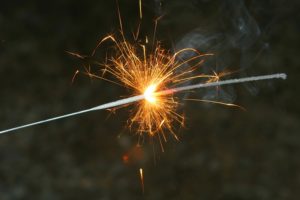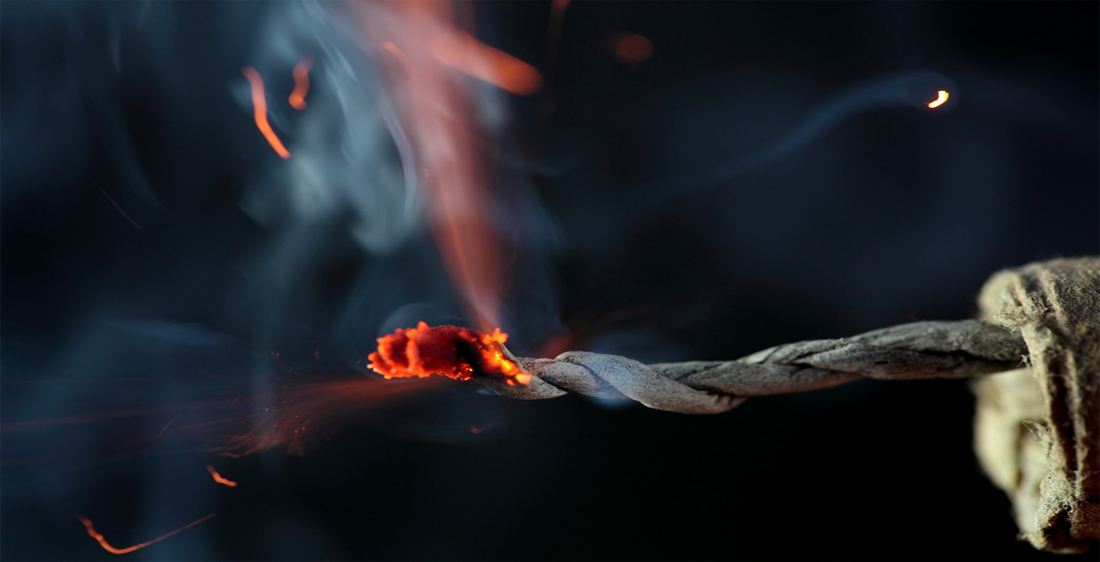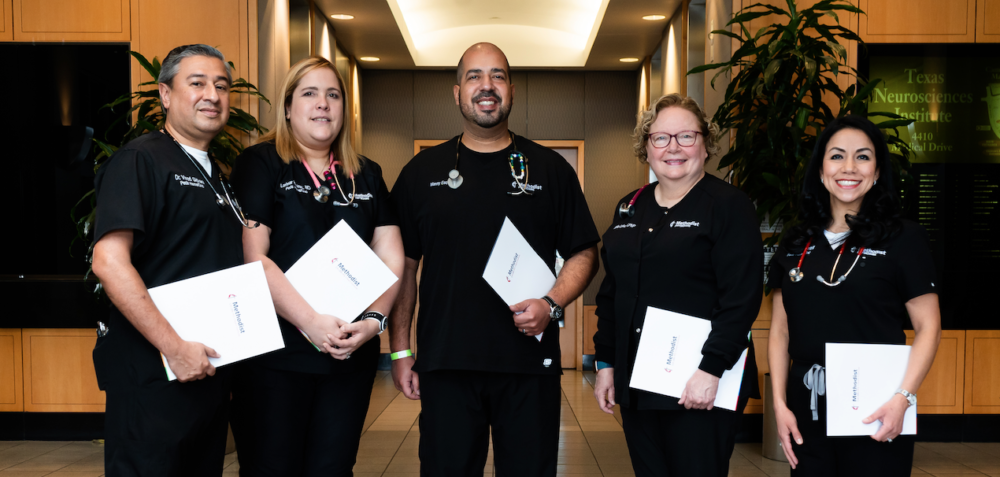Fireworks can seem like a fun way to celebrate our nation’s birthday, but it’s important to exercise caution. In fact, the 4th of July holiday is one of the busiest days of the year for those who treat victims of accidental trauma. Bearing this in mind, Texas MD sat down and talked with Dr. Ross Tobleman of Scott & White Hospital-Round Rock to get the top 10 firework safety tips.
Statistics indicate that 8,500 fireworks-related injuries are reported every year in the U.S. And of these, about 2,000 include eye injuries. One-third of all firework-related injuries to children under the age of 5 are due to sparklers, and 16 percent of all firework injuries are due to sparklers.
 “Some of the more dangerous kinds of firework include bottle rockets because they fly erratically, and can cause bystander injuries. Additionally, the bottles and cans used to launch bottle rockets can explode, showering fragments of glass and metal,” says Ross Tobleman, M.D., medical director of Emergency Medicine at Scott & White Hospital – Round Rock.
“Some of the more dangerous kinds of firework include bottle rockets because they fly erratically, and can cause bystander injuries. Additionally, the bottles and cans used to launch bottle rockets can explode, showering fragments of glass and metal,” says Ross Tobleman, M.D., medical director of Emergency Medicine at Scott & White Hospital – Round Rock.
“The most common firework injury for younger kids can involve sparklers and burns. While most adults view sparklers as one of the more harmless types of fireworks, in reality they can burn as hot as 1,800 degrees,” warns Dr Tobleman. “Fireworks are really best enjoyed at a community display, not in your backyard.”
Additional tips from Dr. Tobleman:
- Do not let children play with exploding fireworks and rockets.
- View public fireworks displays from at least 500 feet away or up to a quarter of a mile.
- Leave the lighting of fireworks to trained professionals.
- If you find unexploded fireworks, don’t touch them. Contact your local fire or police department.
- Obey laws. If fireworks are illegal where you live, do not use them. In Central Texas, watch for burn bans, and be aware that in dry conditions a “run-away” bottle rocket can start a very damaging fire.
- Always have water handy. At least a bucket, but preferably a water hose.
- Never re-light a “dud” firework. Wait 20 minutes and then soak it in a bucket of water.
- Use common sense. Spectators should keep a safe distance from the shooter, and the shooter should wear safety glasses.
- Alcohol and fireworks do not mix.
- Do not use homemade fireworks or illegal explosives: Report illegal explosives to the fire or police department in your community.
“Remember, fireworks injuries are preventable. Make it a safe Independence Day for everyone by enjoying fireworks set up by professionals,” said Dr. Tobleman. As always, have fun, but stay safe and healthy.”







Recent Comments